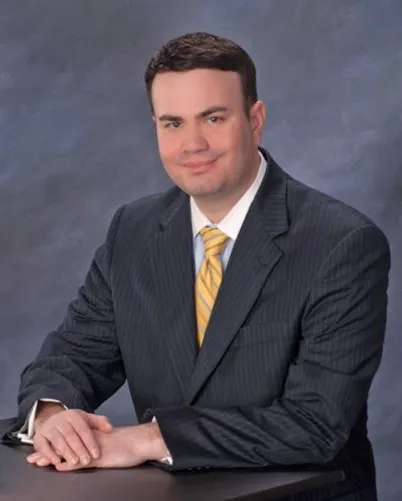Hi Everyone,
Happy Wednesday!!! Routinely, this conversation arises so I feel like I should address it…..joint ownership is NOT estate planning!
While joint ownership can have benefits, there are also traps for the unwary that you should be aware of, and joint ownership should never be used to bypass creating a comprehensive estate plan.
Here are some things to consider before you hold any assets in joint ownership:
- Joint Tenants With Rights Of Survivorship (JTROS): When two people own an account, and one of the owners passes away, the surviving owner suddenly becomes the sole owner of whatever was left in that account. Accounts with two owners will bypass probate so long as one of the owners is still alive. This can be beneficial for married couples. However, this can also potentially derail a parent’s estate plan. Even if a parent devises a will that leaves equal shares to each of their children, if that parent had an account with one of the children named as joint owner, that child is free to do whatever they wish with that money upon the parent’s passing. There is no legal requirement for that child to share the funds in that account with their siblings. Unfortunately, I’ve seen this scene played out repeatedly, and it leaves a lot of bitterness between family members. The parent puts a child on the account for convenience and all of a sudden that child walks away with the parent’s biggest asset and isn’t willing to share. It’s not pretty.
- Having Joint Ownership Accounts Means That Those Funds Are Accessible to Each Owner: If your joint owner runs into any creditor problems or is at risk of filing bankruptcy, those funds could be utilized to pay the joint owner’s debts. If your joint owner is facing a divorce those funds can even be considered countable assets in the divorce proceeding. Think before you make your child a joint owner of your account. The same logic applies with your credit rating. If you and your child have a joint credit card and your child fails to pay that bill, your credit rating is at risk.
- Joint Ownership Should Not Replace a Will: Many spouses believe that they are protected because both of their names are listed on all of their accounts. Usually, they fail to take into account what will happen with those funds if both of them pass away at the same time. Immediately, those funds get tied up in the probate process and if minor children are involved conservators must be appointed to account for every penny of that child’s inheritance. This can lead to endless court entanglement until the child reaches 18 years old. Joint ownership between spouses can never replace a proper estate plan and cannot ensure that your assets will pass to whom you want in the easiest way possible.
Jointly owning property is a bigger decision than you think. Putting somebody’s name on your account can have serious legal ramifications and all pros and cons should be considered before deciding to do so. If your estate plan has previously consisted of jointly titling your assets, please contact us and we can discuss how to actually create a plan that will deliver all of your assets to your loved ones in an appropriate manner.
Until next time.
Wishing you and your family a safe journey,
Amy
